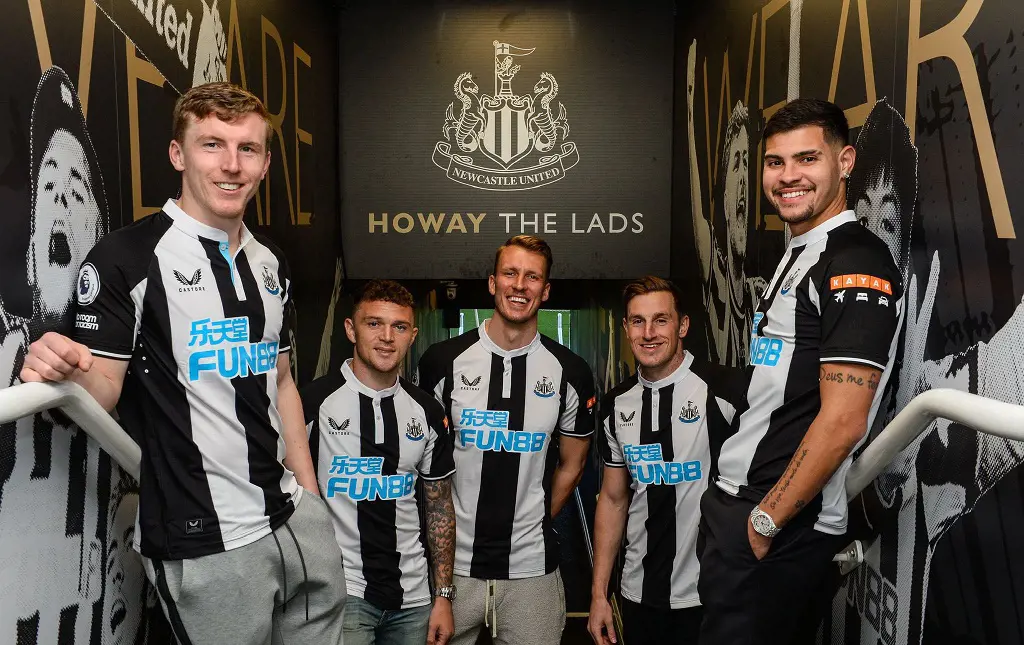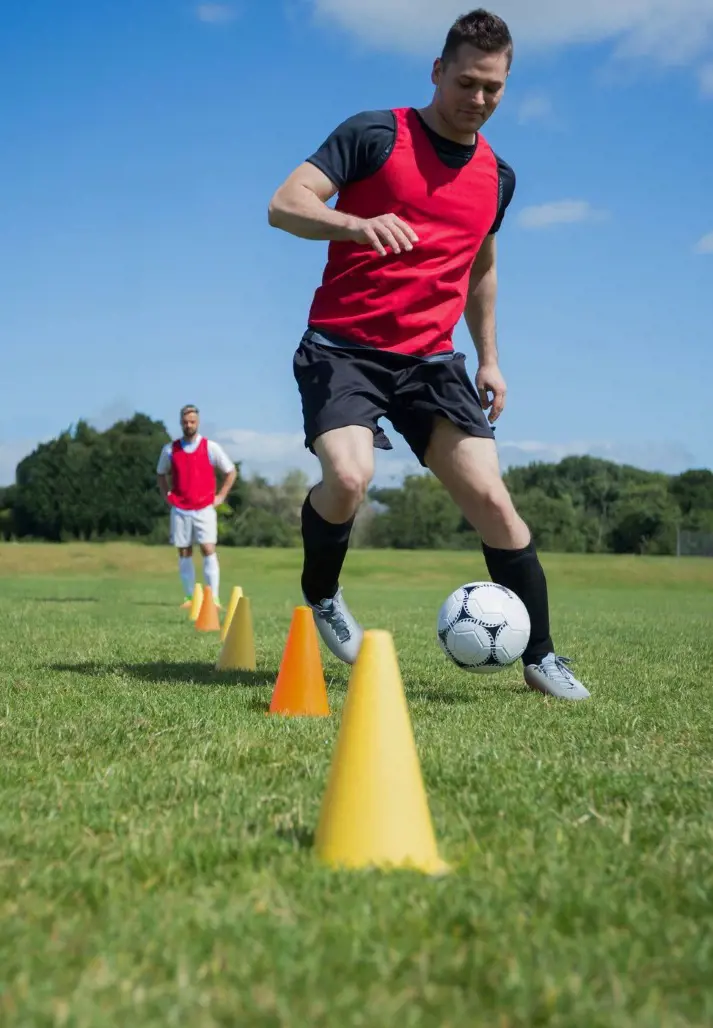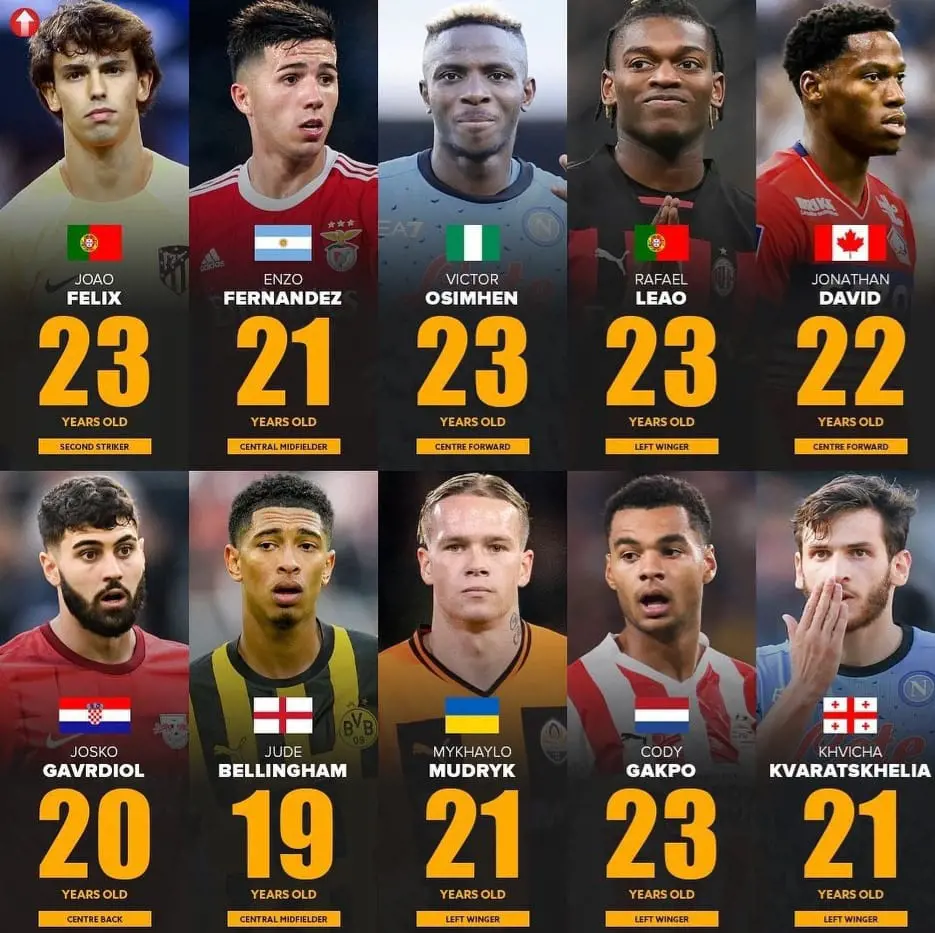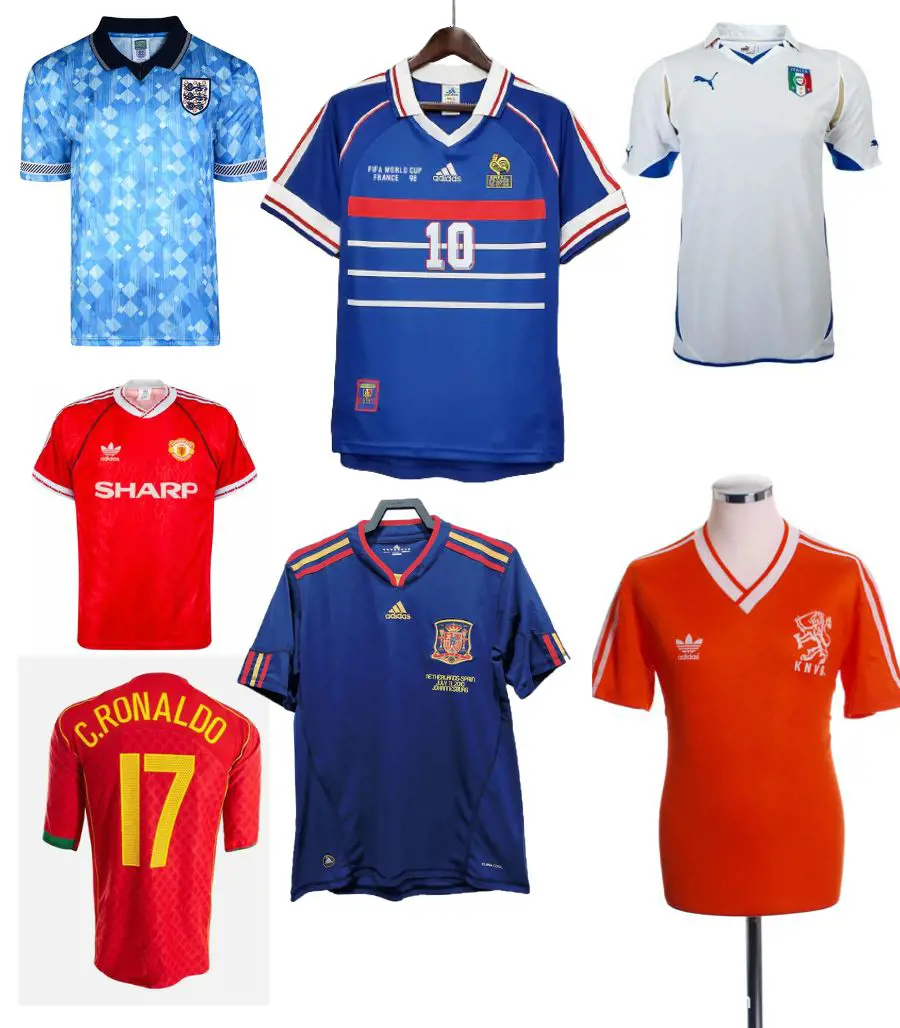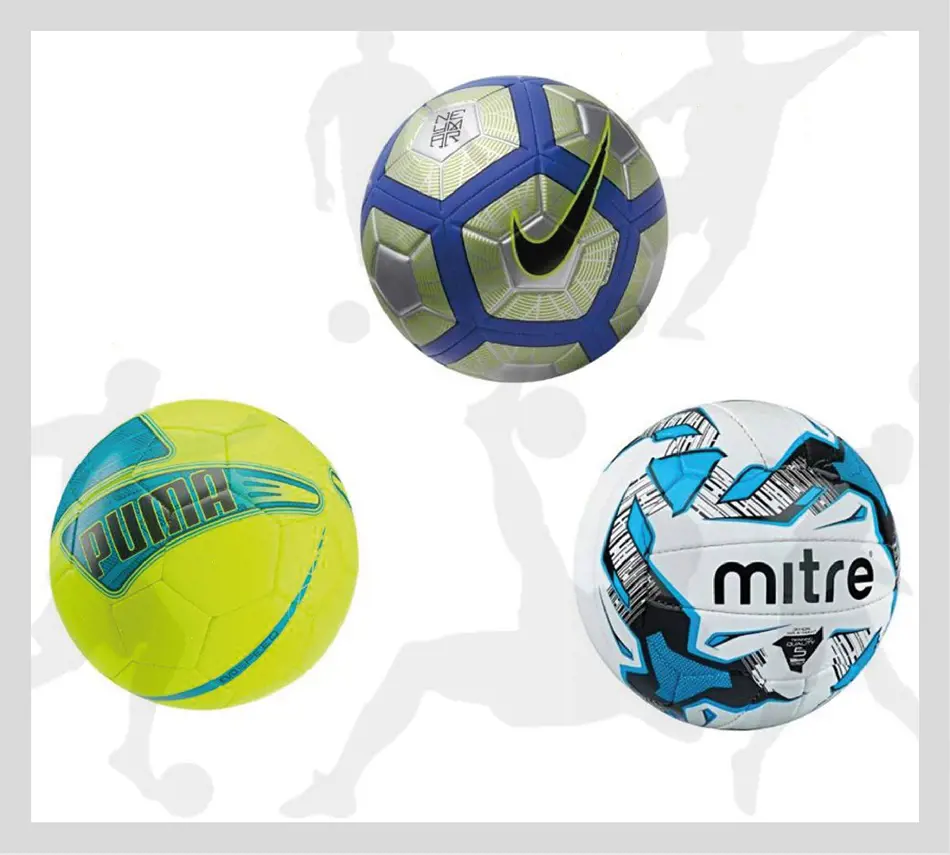Howay The Lads meaning in Geordie accent is Lets go and Come on boys. Howay is the common word used in Newcastle, England.
The four times English League title winner Newcastle United supporters are particularly among those who use this rousing chant during the game to encourage and rally support for the team.
St. Jams Park is home to a vibrant and enthusiastic fanbase recognized throughout the Premier League for its exceptional devotion and support. These qualities are amply demonstrated in their dynamic and uplifting chants.
The phrase is among the top ten used by the Magpies fans, alongside several others such as Blaydon Races, When the Mags Go Marching, Up The Toon, Geordie Boot Boys, and more.
Newcastle fans were at their best on Sunday, April 23, game against Tottenham Hotspors as their team thrashed Harry Kane Spurs 6-1 in a thrilling contest.
What Does Howay The Lads Mean?
Howay The Lads is a chant popular among Geordie football fans which means Come on lads. Newcastle United fans are fervent users of the inspiriting chant.
The phrase is mainly used by the people of North East England in the Newcastle region. In Geordie's accent, it decodes to "Come on, the boys!" or "Let's go, lads!"
Renowned for their loyalty and for creating an ambiance atmosphere in the stadium, the Magpies supporters are the best in the league for cheering and uplifting the team's spirit during the game.
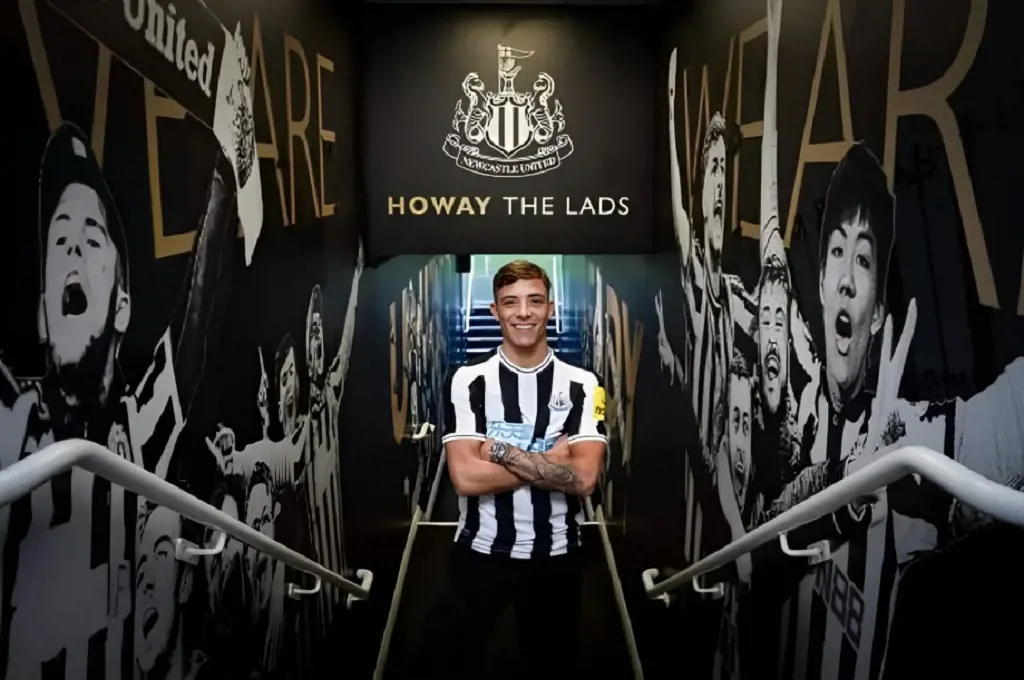
Thus, it is essentially a rallying cry used by adherents of Newcastle United to inspire the team and show their support. The phrase is often heard in the stands during matches as fans cheer on their team and hope for a victory.
Moreover, it is also commonly used on social media and in conversations between fans in the lead-up to matches or during the football season.
Howay The Lads Background
The term breaks down into two sections Howay and The Lads. Howay is a Geordie phrase with linguistic origins stretching back to Old English.
The Geordie accent, known for its unique pronunciation and vocabulary, has been shaped by various cultural and historical influences. One significant influence is the Angles, who came from Schleswig-Holstein and the Danish Peninsula and settled in the North East of England centuries ago.
The term "Howay," which has its roots in Old English, has been used in the Geordie dialect for generations. Meanwhile, "The Lads" is a colloquial term used to refer to a group of male friends or colleagues.
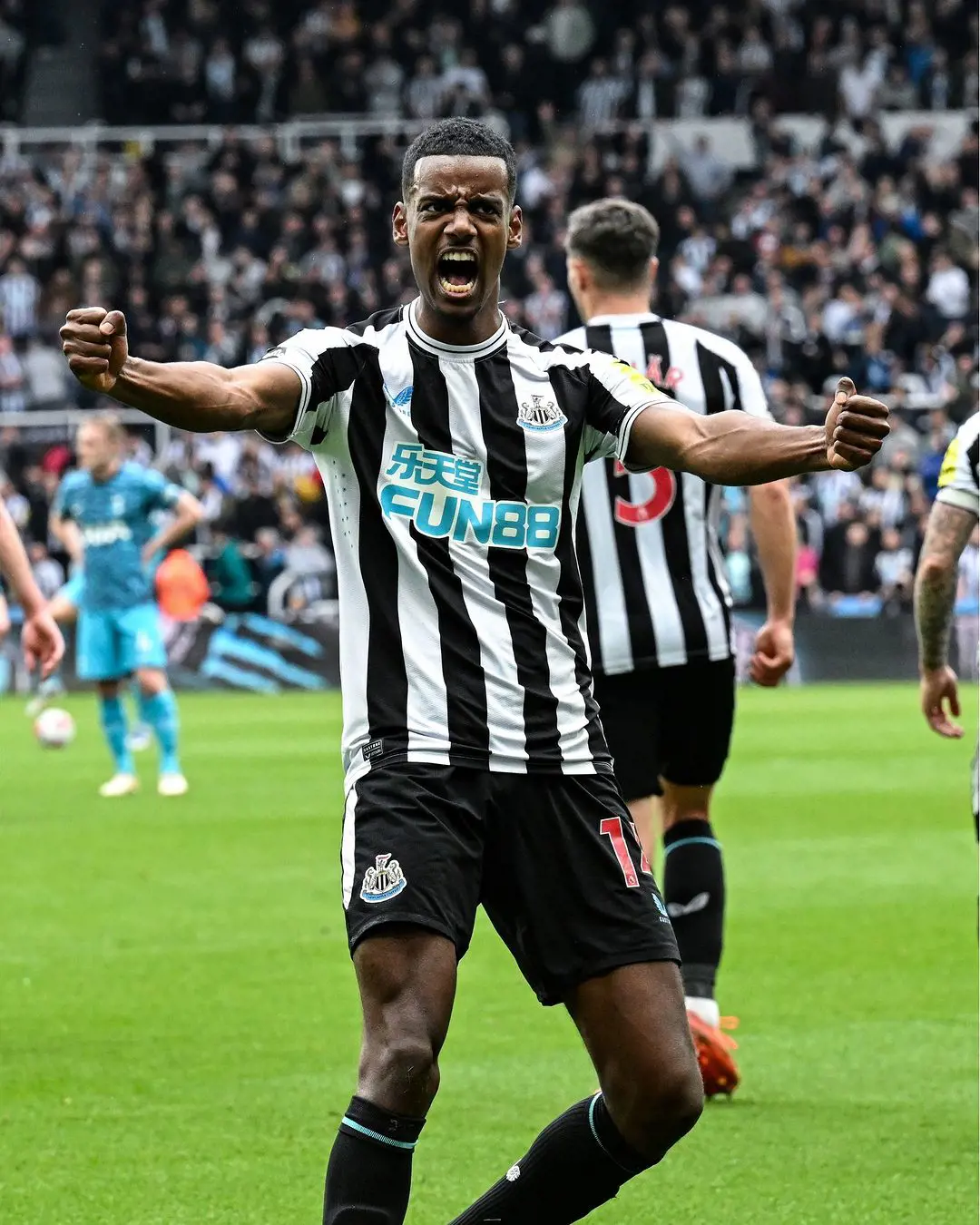
Combining these two, Voila!, "Howay The Lads," symbolizes the passion and enthusiasm that fans have for their team.
Furthermore, most non-native Geordie speakers get the pronunciation wrong. In the Geordie accent, "Howay The Lads" would typically be pronounced "Hoo-ay the laads," with an intense stress on the first syllable of "Howay" and a long, drawn-out "ay" sound.
Likewise, The "lads" would be pronounced with a shorter "a" sound and a slightly stretched "d" at the end.
Howay The Lads Origin In Sunderland Accent
Howay The Lads has a slight variation in Sunderland accent with that of speakers in Newcastle. In Sunderland, they use the phrase Ha'way The Lads.
However, these two phrases hold the same meaning and emit the same passion among the fans of the respective clubs. A small deviation in pronunciation and spelling of languages is common worldwide.
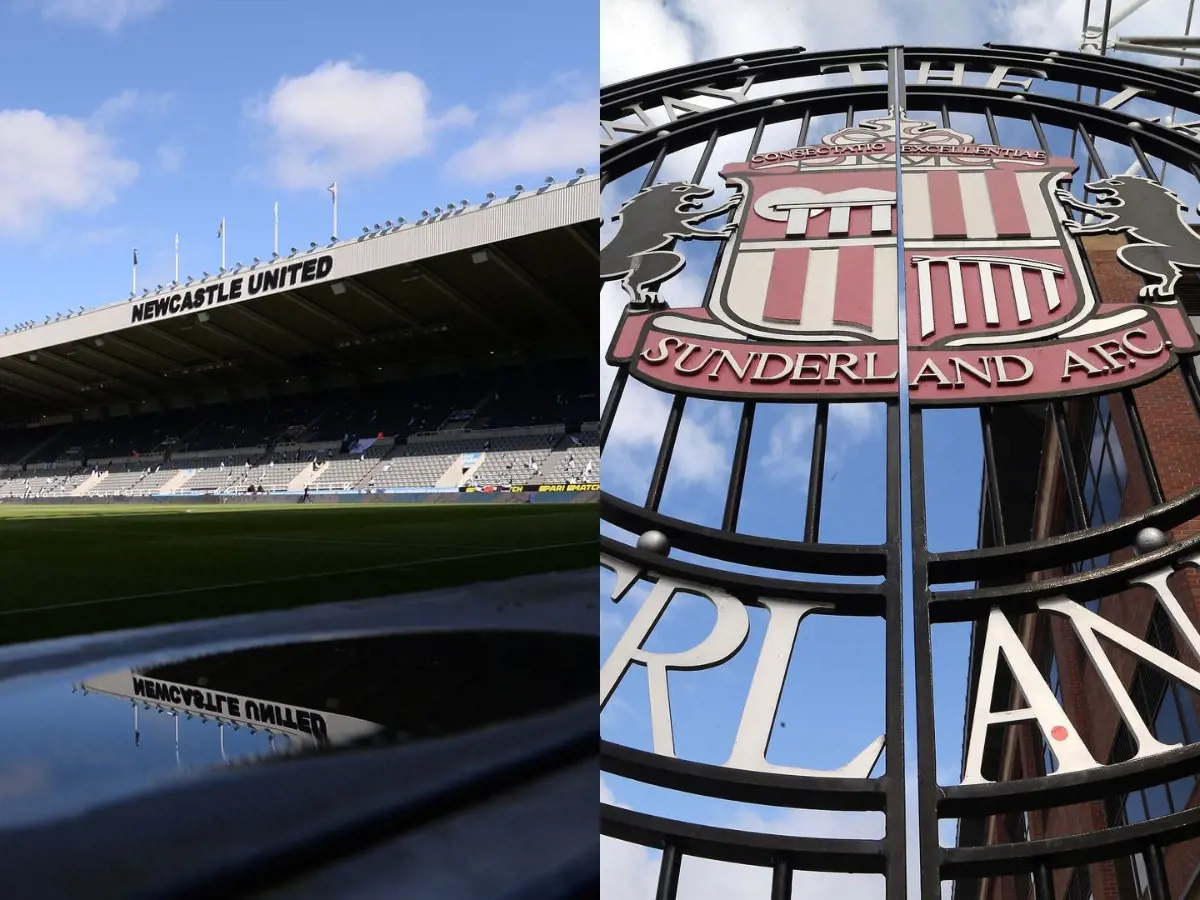
Howay and "Ha'way The Lads" are different interpretations of the same expression used by supporters of the oldest English football rival clubs, Newcastle and Sunderland, respectively.
"Ha'way" is a divergence of the term"Howay" and is used in the Sunderland accent. The latter part of the phrase The Lads remains the same in both dialects.
Howay The Lads vs Ha'way The Lads
The main difference between the two idioms is the spelling and pronunciation of the first word.
"Howay" is spelled with an "o" and is pronounced with a long "o" sound, while "Ha'way" is spelled with an apostrophe and is pronounced with a shorter "a" sound.
Besides, famous English writer Alan Candlish wrote the whole book about the long history of reach rivalry between The Tyneside and Black Cats in "Ha'way/Howay the Lads," published in 2006.
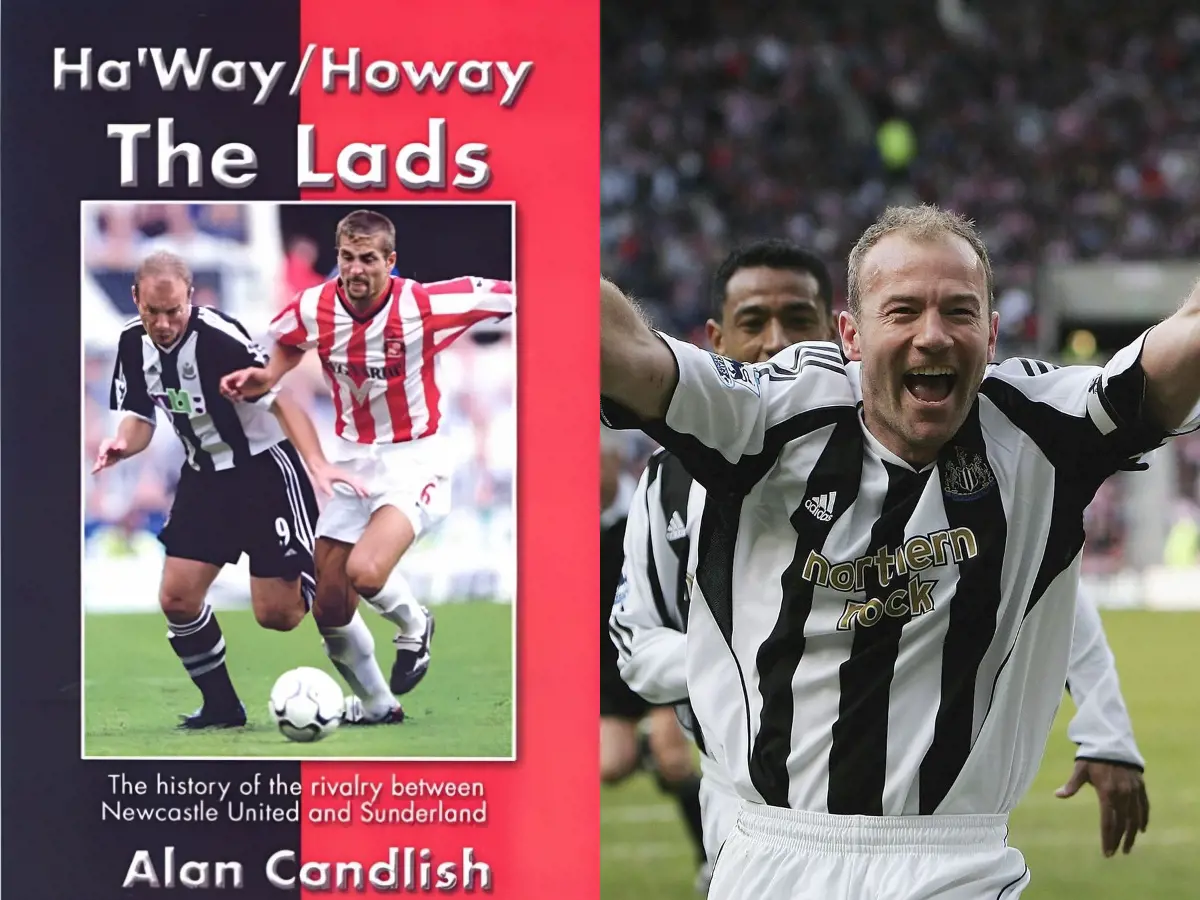
While there may be subtle variations in the wording and pronunciation of these phrases, the underlying sentiment remains consistent, as fans utilize both to bolster their team's morale and energize their performance during the game.
However, the use and position of apostrophes in "Ha'way the Lads" is a matter of debate among Sunderland fans. While chants usually go for the single "a" version, the longer version of the chant sees the opening syllable held longer as "Haa'way."
Howay The Lads Is Also Used In Newcastle
Howay The Lads is among many phrases that are commonly used in Newcastle. It is associated with the Geordie dialect spoken in Newcastle and the surrounding areas.
The Lyrics for the chant go like this,
Howay the Lads,
Howay the Lads,
Howay The Lads Newcastle
Howay!
The chant has grown its popularity over the years worldwide, and several commentators, sportscasters, and coaches can be seen using the phrases primarily for motivation.
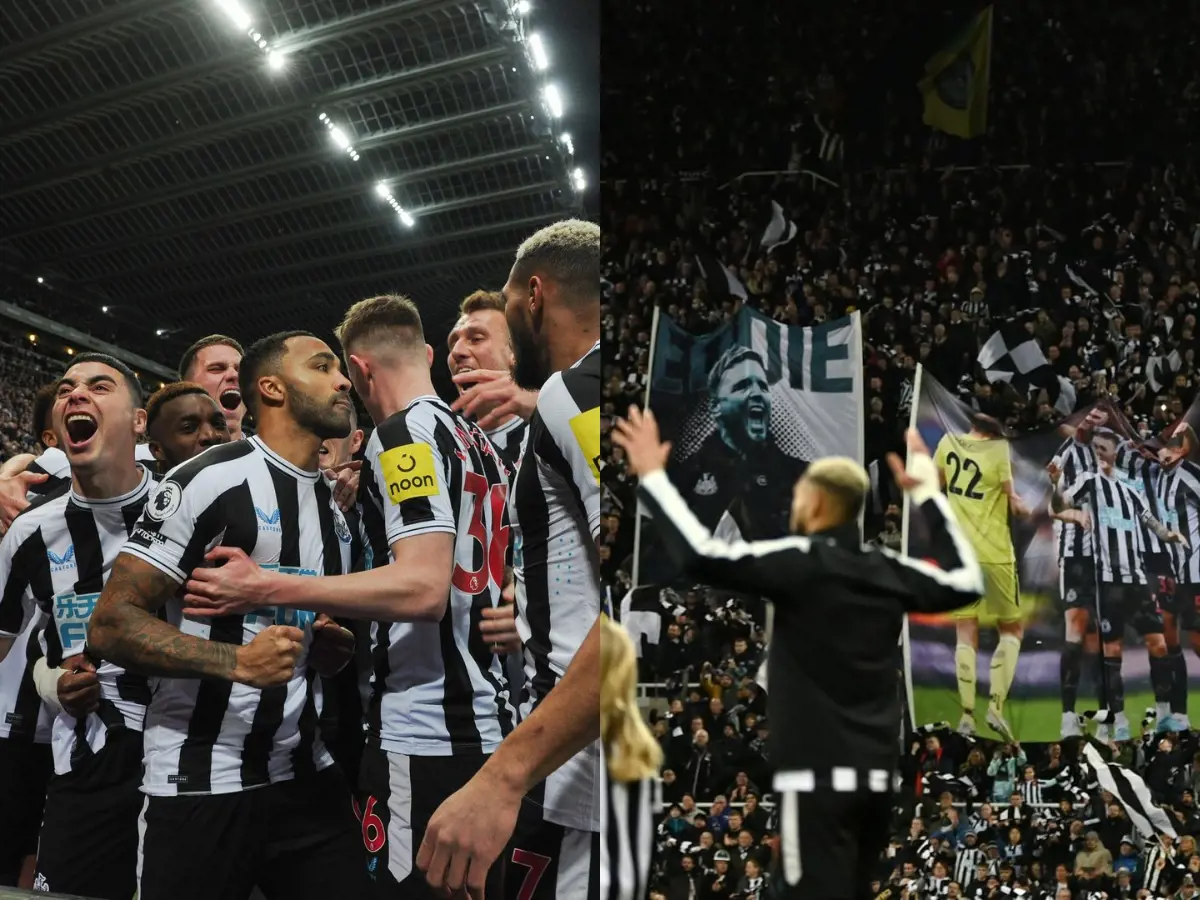
The phrase has found a foothold beyond the world of soccer. It has been embraced in other sports, such as rugby and American football, where it is employed to galvanize and motivate players and fans in pursuit of victory.
Sky Sports Rugby reporter Bill Arthur used the phrase in 2013 while covering Tetley's Challenge Cup.
Additionally, Newcastle supporters have tapped into a rich local lexicon of Geordie words and phrases, creatively adapting them into catchy and inspiring chants to rally support for their team.
Newcastle United Top Chants
- Up The Toon
- Blaydon Races
- Geordie Boot Boys
- We Love Newcastle
- When the Mags Go Marching in
